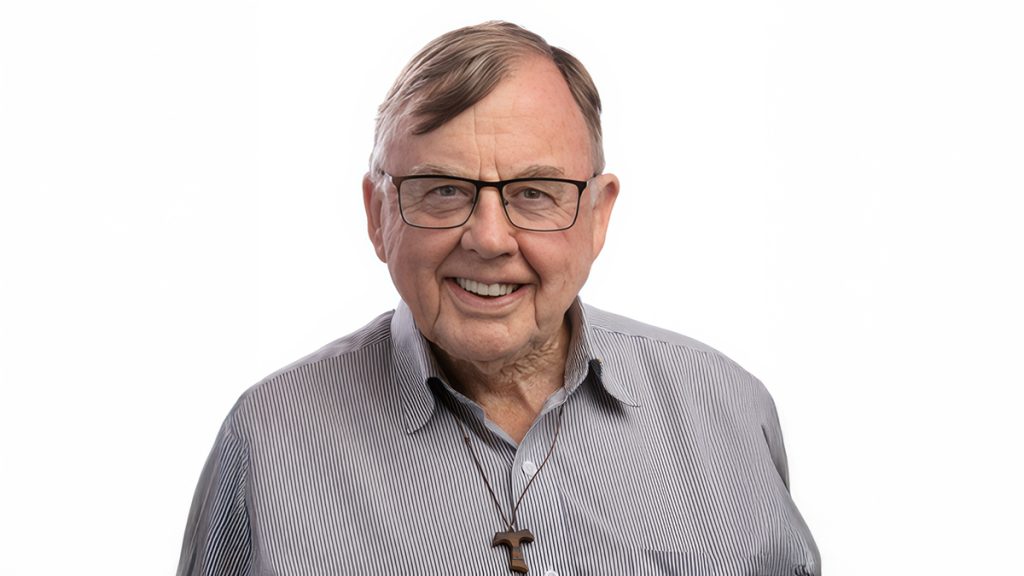One of the active speculations before the conclave that elected Pope Leo was whether the new pope would adopt Pope Francis’ approach to synodality.
It was just one of many subjects, including whether the new pope would be a caretaker, disrupter, conservative, African or other nationality.
World media—and Rome especially—was abuzz with nominations and suggestions.
What an inspiring time to be in Rome!
Unequivocal papal support for Synodality
Within minutes of Leo’s first appearance on the Vatican balcony on 8 May 2025, that speculation was dispatched as he declared his commitment to synodality, declaring “throughout the world: we want to be a synodal Church…”
The possibility that synodality might not find unqualified support from the papacy was ended—and decisively so.
Whether the debate was justified, given the history of the two synods in Rome and the most extensive prior global consultation that had ever occurred across the universal Church, does not now matter.
Vatican commitment follows
In case there is any doubt about the Vatican’s commitment to maintaining the exploration of synodality and driving adherence to its values at the pinnacle of the Church, a recent announcement provides the answer.
A meeting of the Jubilee of Synodal Teams and Participatory Bodies will take place in the Vatican from 24 to 26 October 2025.
The Vatican describes this as “an important event aimed at recognising the value of these bodies and the individuals who serve within them, thereby affirming the commitment to building an ever more synodal Church within the horizon of the hope that does not disappoint — the very hope we celebrate in the Jubilee.”
Given Pope Francis’ indisposition earlier this year, it is unsurprising that synodality has not been a headline topic since the Synod meeting last October.
But the elapse of seven months does highlight the fact that synodality must grow at grassroots and be adopted as our approach to all dealings at personal, parish and other church levels.
All the People of God
Every bishop, parish priest and lay leader must adopt synodal practice.
But well beyond them, every parish leader, parish staff and parishioner must also adopt synodal practice in their dealings and decision-making.
For some, it will involve a sea change.
We are well past the time of adverse reaction to an unfamiliar word. If we are to journey together—as we must—quite intensive effort will be required.
It does involve a pretty different approach. As deliberations at the two major Synods on Synodality in October 2021 and October 2024 have shown, a synodal Church is eminently possible.
A different church
Why is a huge individual commitment required? Because top-down clerical and lay decision-making is inconsistent with synodality.
Church leaders at every level, church groups and individual parishioners will need to get on board.
Operating synodally must become the hallmark of how we proceed at every level.
As Pope Francis said, he did not propose “…a new Church but a different Church.”

- Justin Stanwix is an active permanent deacon in the Diocese of Wollongong, Australia. After 40 years in commercial law practice he was ordained deacon. He has a love for liturgy and especially for its artful practise dating from Vatican II deliberations. He presents and writes on current Church topics including for some years in La Croix International.
- Flashes of Insight is an international publication. The editorial policy is that spelling reflects the country of origin.

